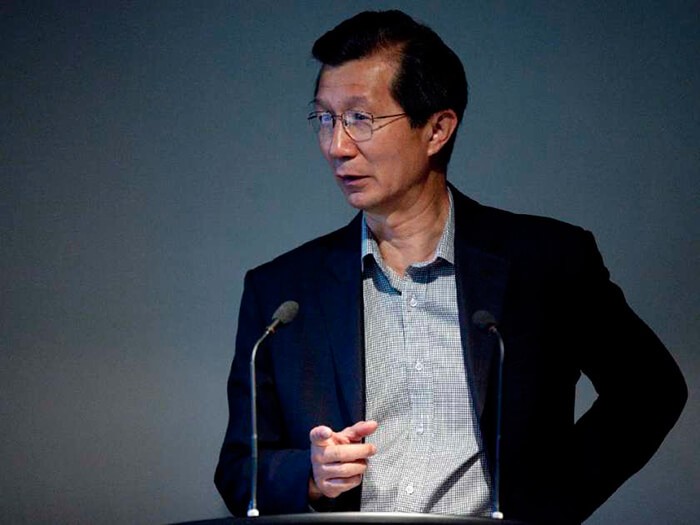Little is clear in the case of a Canadian politician who stands half-accused of cavorting with communists, but at least one thing is nearly certain: We would not have been instructed to worry about Michael Chan, Ontario’s China-born Minister of Immigration, were he instead known as Michael Carlson, Ontario’s Sweden-born Minister of Making Canada Just A Bit More Like Scandinavia.

When someone says that they’re concerned about “foreign influence,” what they’re really saying that they’re afraid their country will be influenced by a foreign entity that they don’t particularly like.
There isn’t much to like about a well-documented torturer of prisoners, sterilizer of Tibetan women, suppressor of Uighur dissidents, modern-day pirate of the South China Sea, persecutor of journalists who aren’t on its own payroll, sworn enemy of the uncensored bits of the Internet and, as of last week, suspected saboteur of our government’s websites. But if the Canadian government is correctly concerned about the growing influence of a chronic human rights abuser and international law-breaker, it should take a hard look at its own political relationship with the Chinese government rather than stoke social anxieties around individuals in Canada who have some personal association with China.
A recent EKOS poll revealed that in the last decade, anti-immigration sentiments have almost doubled in Canada, “scaling heights not seen in 20 years.” The possibility that Chan once publicly acknowledged China as his “motherland” and expressed affection for it, a possibility contested by him, shouldn’t be so controversial that it requires contestation at all.
Anyone in possession of a frequent flyer card should note that they may be suspect too. Chan, for instance, has somehow raised suspicion by regularly visiting the country in which he was born. The ugly implication is that if you really love Canada, you won’t leave it. Ever.
White travellers aren’t immune from populist paranoia either, as another Michael — last name Ignatieff, middle names Just Visiting — may remember/take great pains to forget. But Caucasian passport-holders rarely have to confront a sense that their loyalty is divided between irreconcilably competitive ethnic allegiances. “If it came down to it, who would you choose?” is often the unspoken follow-up to, “But where are you from, really?” The same EKOS poll that found Canadians are becoming more suspicious of immigrants also found that we’re becoming especially suspicious of visible minorities.
Another cause of suspicion is associating with foreigners: with a foreign diplomat, in Chan’s case, and — it’s been implied — pro-China groups. Politicians certainly have a duty to avoid perceptions of conflicts of interest. But we ought to keep in mind that if a country’s institutions are strong enough — if they embody the values of secularism, inclusivity and free speech — they’ll be able to withstand intellectual challenges from groups that may not share a country’s values but have to obey its laws.
Social insularity doesn’t lead to international political influence. By raising public suspicions of immigration to Canada, of travel to and from Canada, of ethnic people who reside in Canada, and of people exercising freedom of association within and beyond Canada, our country won’t limit other countries’ influence. It will limit its own. It’s typically hard to persuade people that democratic values are, well, valuable, if they come with a high price of humiliating innuendo.
Most worryingly of all, while the Canadian government publicly impugns individual officials with personal ties to China, it has called the Chinese government a “friend,” and almost acted like it actually believes that, generously strengthening China’s influence through lopsided trade deals like FIPA and pacts such as one that forces us to return assets owned by people who may be corrupt, though China’s courts can hardly be trusted to determine this. Such agreements fail utterly to protect Canadian interests and values.
It’s possible that CSIS is worried about Michael Chan for good reasons, though we haven’t heard many of those yet. What we have heard mostly heightens social anxieties that could make Canada less influential, not more. In the meantime, our government fails to address urgent political concerns about China’s growing power.
Shannon Gormley is a Canadian journalist.
http://ottawacitizen.com/opinion/columnists/gormley-the-curious-case-of-michael-chan]]>



